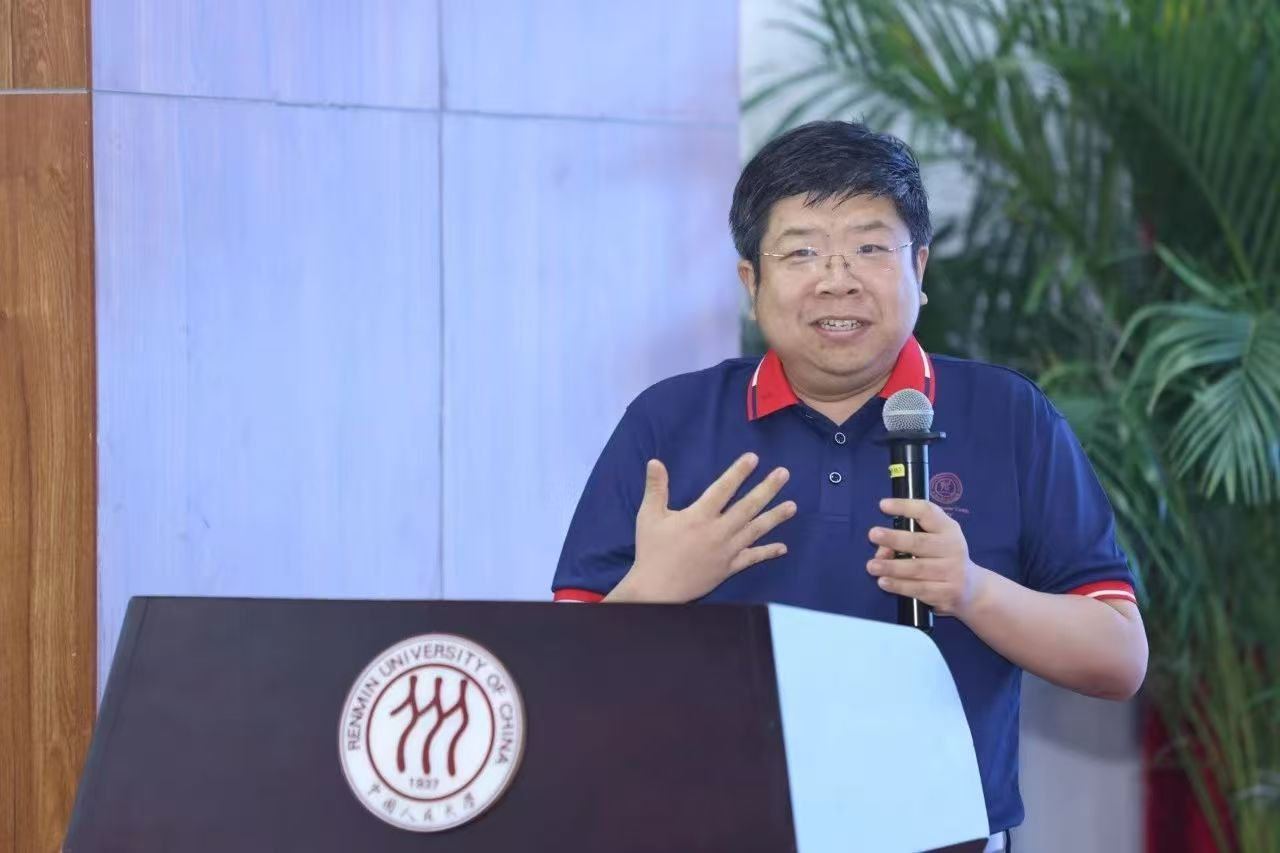Professor Zang Fengyu from the School of Philosophy of Renmin University of China(RUC) has published an article titled "The Inner Logic of Marx's Concept of Civilization and the Chinese Context" in Volume 62 of the Journal of Peking University (Philosophy and Social Sciences).
The author, Zang Fengyu, is the Dean and Deputy Secretary of the Party Committee of the School of Philosophy at RUC. He is a professor and supervisor of doctoral students, the Chief Expert of the Interdisciplinary Platform for National Governance Modernization and Applied Ethics at RUC, and the Editor-in-Chief of the academic journals Philosophers and Review of Marxist Philosophy.

This research combs through Marx's discussions on "civilization" in his works at different times. It includes his expressions in the comments on the press law and Critique of Hegel's Philosophy of Right during his youth, the explorations of the relationship between civilization and barbarism, as well as capitalist civilization in works such as Economic and Philosophic Manuscripts of 1844 and The Holy Family. It also covers the revelation of the regular characteristics of the development of civilization after the establishment of historical materialism and the further elaboration of contents related to civilization in Das Kapital and its manuscripts.
Subsequently, the author explores the inner logic of Marx's concept of civilization. For example, civilization represents the degree of development compared with uncivilized states, and it is divided into ancient and modern civilization stages, being a relative category. The fundamental driving force behind the progress of civilization is material production practice, which is related to social production and its relations. Modern civilization is based on a specific mode of production. At the same time, Marx and Engels proposed a revolutionary path to transcend the modernity of capital.
Finally, the author discusses the Chinese context of Marx's concept of civilization. The dissemination of Marxism changed China's destiny. Over the past hundred years, the Marxist concept of civilization has been integrated with China's reality and excellent traditional culture. The Communist Party of China has promoted Chinese-style modernization and created a new cultural form. In the new era, it is necessary to construct the contemporary form of the Chinese Marxist concept of civilization, implement the Global Civilization Initiative, and promote exchanges and mutual learning among civilizations.
The author believes that by deeply understanding Marx's profound discussions on "civilization", objectifying its far-reaching theoretical implications in the practical process of Chinese-style modernization, and promoting the integration of Marx's concept of civilization with China's specific reality and excellent traditional Chinese culture, we should uphold the cultural mission of the new era, construct the contemporary form of the Chinese Marxist concept of civilization, and use the ideas and methods of harmonious development and exchanges and mutual learning among civilizations to promote the progress of civilization in our era.



